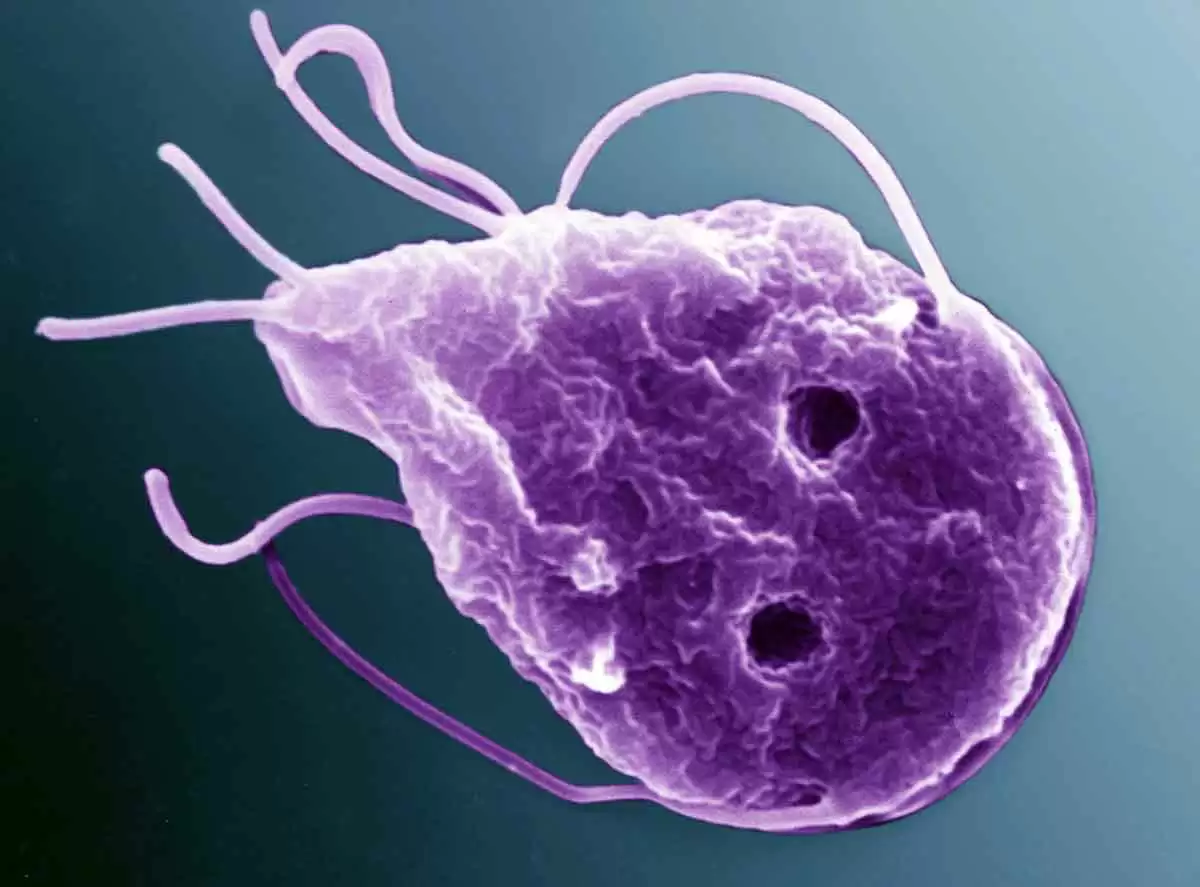Celiac.com 10/28/2024 - Celiac disease is a common autoimmune disorder triggered by the ingestion of gluten, a protein found in wheat, barley, and rye. People with celiac disease have an immune response to gluten that leads to inflammation and damage in the small intestine. A critical enzyme involved in this process is tissue transglutaminase 2 (TG2), which modifies gluten peptides, making them more likely to provoke an immune reaction. Another enzyme, microbial transglutaminase (mTG), found in some food products, has been suggested as a potential contributor to celiac disease because it performs similar modifications to gluten peptides. This study aimed to explore how TG2 and mTG are regulated, particularly by oxidative substances, and to determine whether there are potential therapeutic approaches to target these enzymes in celiac disease.
Investigating ERp57: A Key Regulator of TG2
One of the main focuses of this study was to investigate the role of a protein called endoplasmic reticulum-resident protein 57 (ERp57) in regulating TG2. ERp57 inhibits TG2 activity through a process called oxidation, which helps control how TG2 interacts with gluten peptides. The researchers looked at tissue samples from both celiac disease patients and non-celiac controls to determine how much ERp57 was present in different parts of the intestines.
Celiac.com Sponsor (A12):
The results showed that ERp57 was found both inside and outside of cells, particularly in an area of the intestine known as the lamina propria. Inside cells, ERp57 was most commonly found in compartments like vacuoles and the endoplasmic reticulum (ER), where it plays an important role in controlling immune responses. Interestingly, a specific type of cell in the intestine called Rapid Antigen Uptake into the Cytosol of Enterocytes (RACE) was found to contain more ERp57 than other cells. These RACE cells are thought to play a protective role in preventing the immune system from overreacting to gluten, and the high levels of ERp57 in these cells could be part of that protective mechanism.
TG2 and mTG: Different Reactions to Oxidative Molecules
The researchers also explored how different substances could affect the activity of both TG2 and mTG. They found that certain oxidative molecules could significantly reduce the activity of TG2, but these same molecules had little to no effect on mTG. This is important because it suggests that while TG2 can be regulated by natural processes in the body, mTG may not be as easily controlled, potentially allowing it to contribute to the harmful immune reactions seen in celiac disease.
In particular, two substances called PX12 and L-cystine were shown to inhibit TG2 activity by up to 95%, indicating that these substances could be potential candidates for developing new treatments for celiac disease. Since mTG was not affected by these substances, it raises concerns that mTG, which is often found in processed foods, may continue to modify gluten peptides and contribute to the disease in ways that are harder to regulate.
Implications for Celiac Disease: Why This Study Matters
This study provides important insights into how TG2 and mTG function in celiac disease and how they are regulated by different molecules. The discovery that TG2 can be inhibited by oxidative substances like PX12 and L-cystine opens the door to potential new treatments for celiac disease that could reduce the harmful immune response to gluten. These substances could help prevent TG2 from modifying gluten peptides, thereby reducing the likelihood of triggering an immune reaction.
On the other hand, the fact that mTG is not as easily regulated raises concerns about its use in food production. mTG is commonly used in the food industry to improve the texture of various products, and although it is usually inactivated during food processing, there is still the potential for it to contribute to the accumulation of harmful gluten peptides in the gut. This could be particularly problematic for people with celiac disease, as mTG may continue to generate immunogenic peptides that exacerbate the disease.
A Step Toward Better Treatments for Celiac Disease
For individuals with celiac disease, this study highlights the importance of understanding the different enzymes involved in the disease and how they are regulated. The ability to selectively inhibit TG2 with substances like PX12 and L-cystine could lead to new therapeutic approaches that help manage the disease by reducing the harmful immune response to gluten. At the same time, the findings raise important questions about the role of mTG in food products and whether its use should be more carefully regulated to prevent it from contributing to the pathogenesis of celiac disease.
Overall, this study adds valuable knowledge to the ongoing research into celiac disease and offers hope for new treatment strategies that target the underlying mechanisms of the disease. For those living with celiac disease, the possibility of controlling TG2 activity offers a promising avenue for reducing the harmful effects of gluten and improving their quality of life.
Read more at: www.ncbi.nlm.nih.gov











Recommended Comments
There are no comments to display.
Create an account or sign in to comment
You need to be a member in order to leave a comment
Create an account
Sign up for a new account in our community. It's easy!
Register a new accountSign in
Already have an account? Sign in here.
Sign In Now